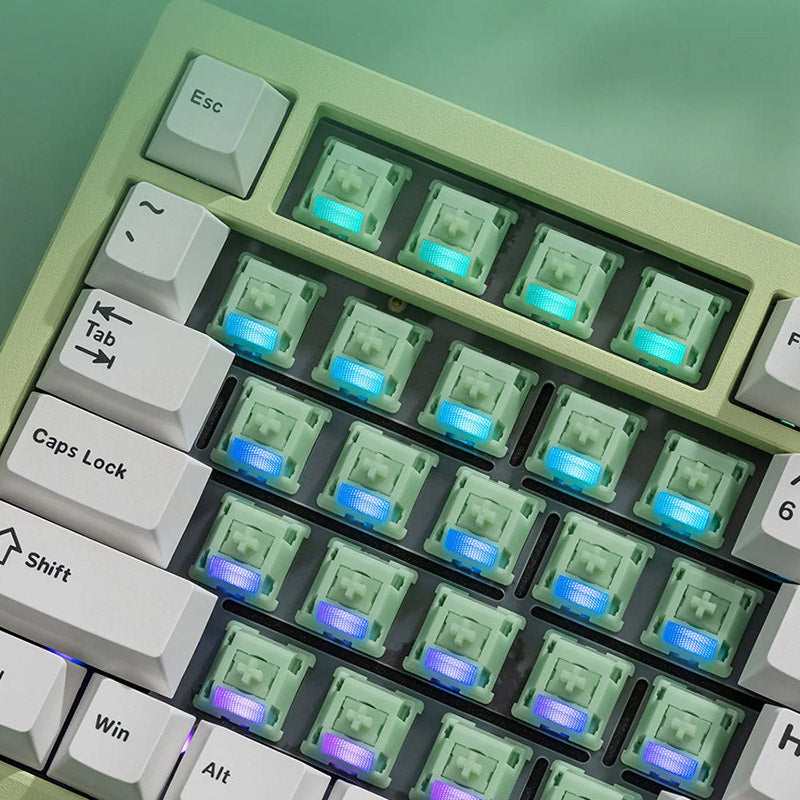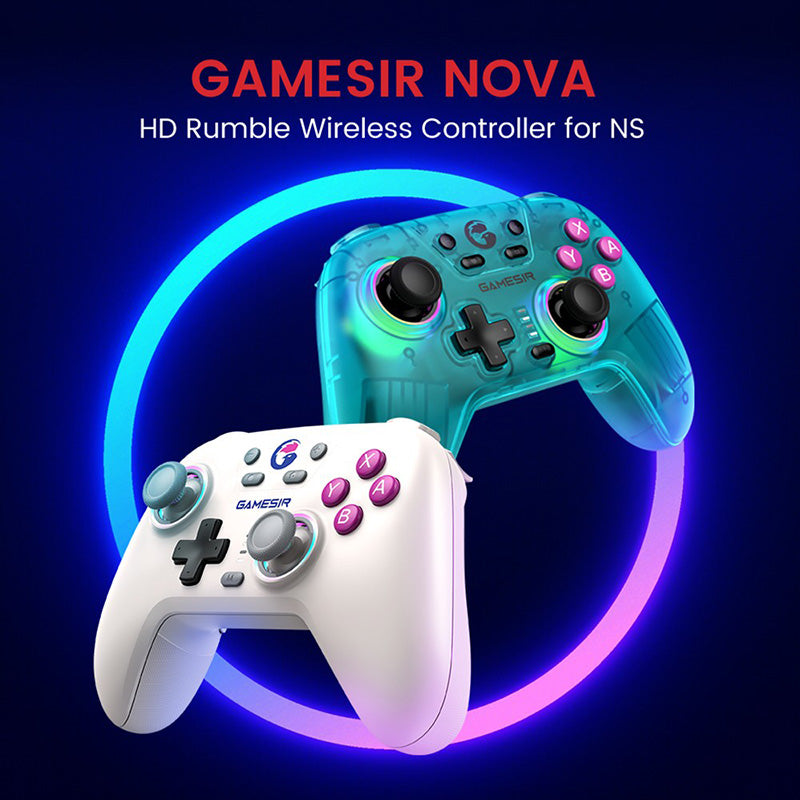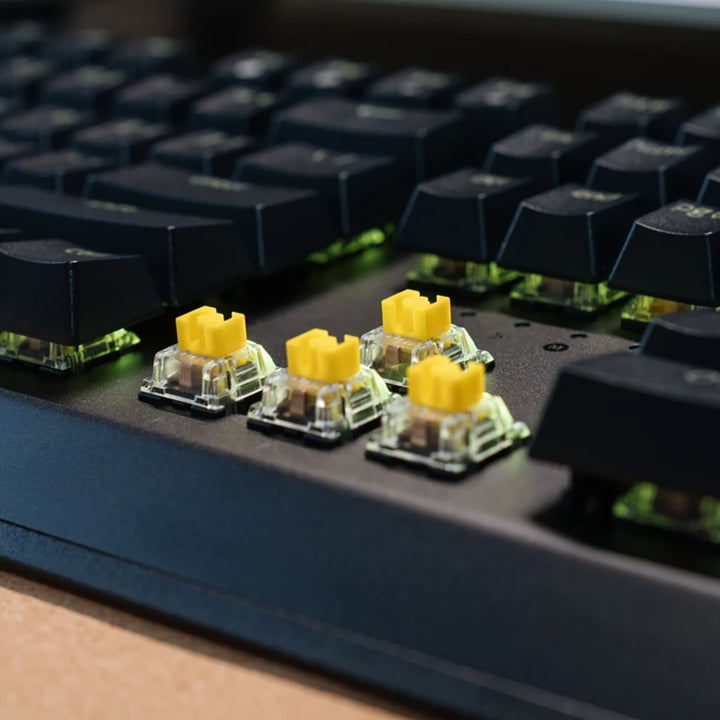What are the Differences Between Brown Switches, Blue Switches, Black Switches, and Red Switches?
In the world of mechanical keyboards, choosing the right type of switches is crucial to tailor your typing experience to your preferences. Mechanical Switches come in various colors, each offering a unique feel and sound. Among the most popular are brown switches, blue switches, black switches, and red switches. In this article, we'll delve into the key differences between these switches, helping you make an informed decision when selecting the perfect switch for your mechanical keyboard.
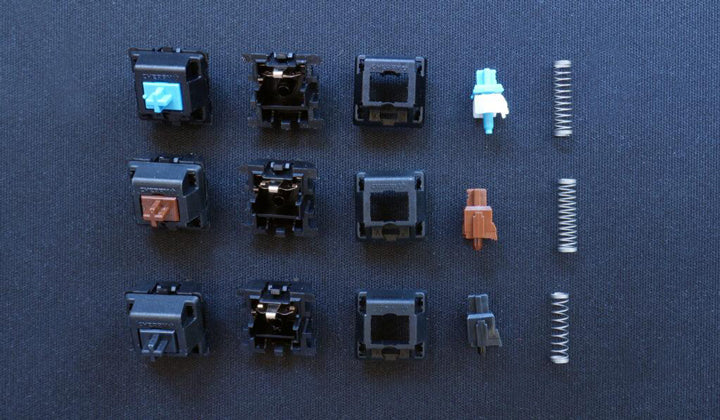
What Are Mechanical Switches?
Mechanical switches are individual key switches found in mechanical keyboards. Unlike traditional rubber dome switches, these switches use physical mechanisms to register keypresses. They provide a tactile feedback and audible click, making them a preferred choice for many typists.

Brown Switches
Brown switches are often considered a middle ground between tactile and linear switches. They offer a slight tactile bump without the loud click sound. Here's what you need to know about brown switches:
Actuation Force: 45g
Tactile Bump: Yes
Audible Click: No

Blue Switches
Blue switches are known for their Tactile Feedback and distinctive click sound. They require more force to actuate, making them ideal for typists who prefer a pronounced keystroke:
Actuation Force: 80g
Tactile Bump: Yes
Audible Click: Yes
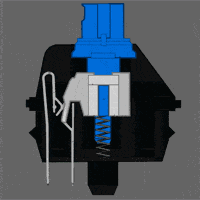
Black Switches
Black switches are Linear Switches, meaning they lack tactile bumps and audible clicks. They provide a smooth keystroke and are often favored by gamers:
Actuation Force: 60g
Tactile Bump: No
Audible Click: No
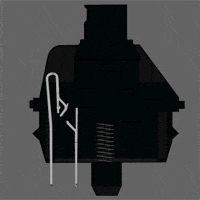
Red Switches
Red switches, like black switches, are linear and offer a smooth keystroke. They are known for being quiet and require less force to actuate:
Actuation Force: 45g
Tactile Bump: No
Audible Click: No

Choosing the Right Switch for You
Now that you have an overview of the differences, how do you decide which switch is right for your needs? Consider the following factors:
Typing Preference
If you prefer a tactile feedback and don't mind the Clicky Sound, brown or blue switches may be suitable. If you prefer a quieter experience, red or black switches are better choices.
Gaming vs. Typing
For gaming, some prefer the quick response of red switches, while others favor the sturdier feel of blue switches. Black switches can also be a good option for gaming due to their smooth keystrokes.
Actuation Force
Consider how much force you're comfortable exerting on the keys. Brown and red switches have a lower actuation force, while blue and black switches require more effort.
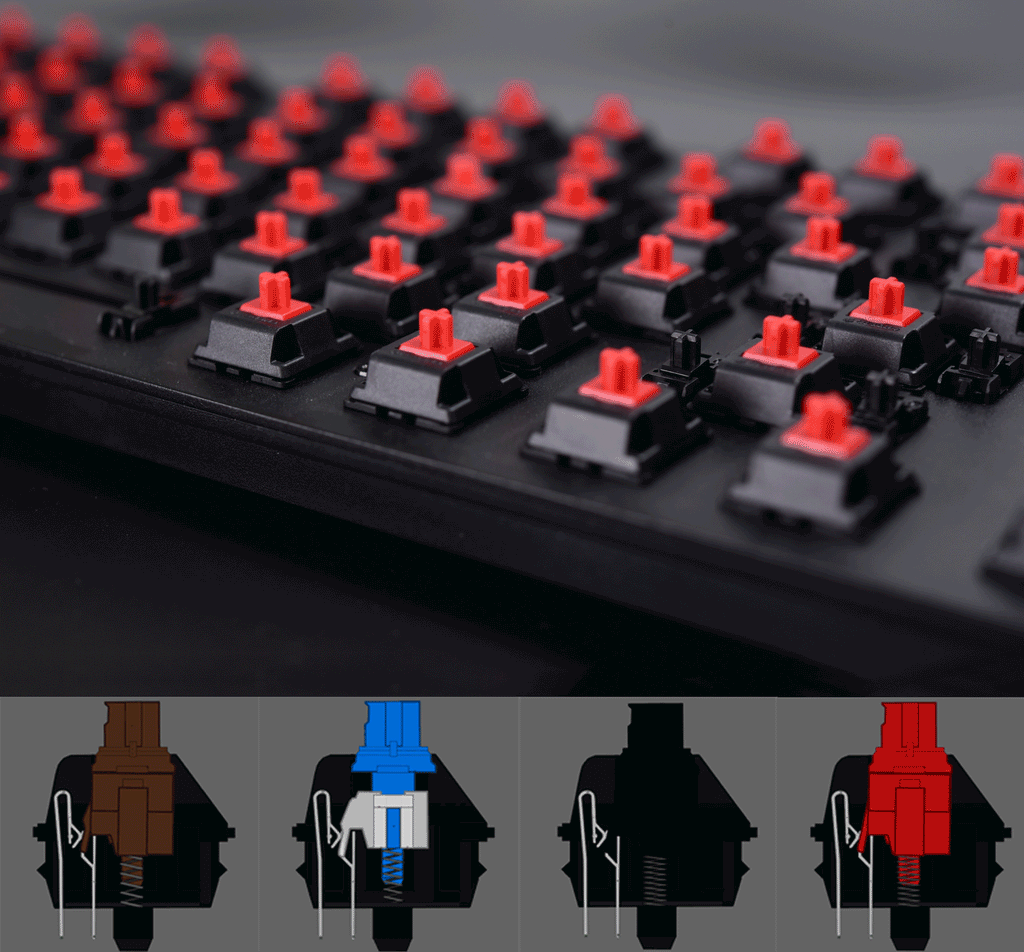
Conclusion
In conclusion, the choice of Mechanical Keyboard Switches boils down to your personal preferences and typing or gaming requirements. Whether you opt for brown, blue, black, or red switches, each has its unique characteristics that cater to different user needs. It's essential to try them out if possible to determine which switch type aligns best with your typing style and preferences.
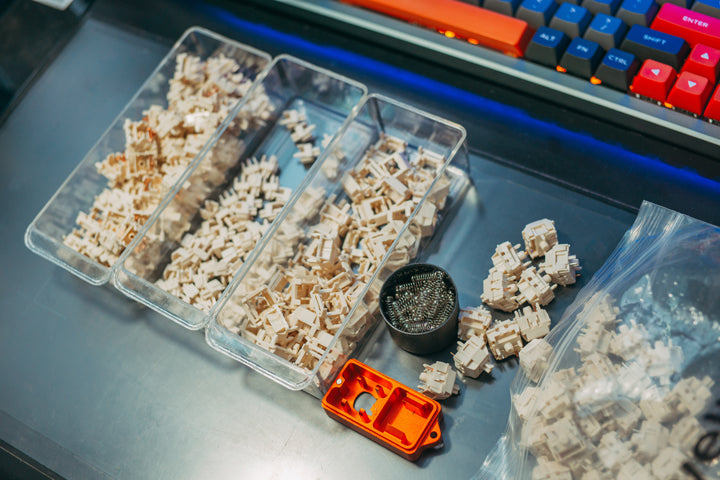
FAQs
Q: Do brown switches feel similar to red switches?
A: While both brown and red switches lack a tactile bump, brown switches offer a slight resistance that some users prefer for typing.
Q: Are blue switches suitable for fast typists?
A: Blue switches require more force to actuate, making them less ideal for fast typing. They are better suited for those who prefer a pronounced keystroke.
Q: Can I customize the actuation force of my mechanical switches?
A: Some mechanical keyboards offer customizable actuation force settings, allowing you to tailor the typing experience to your liking.


